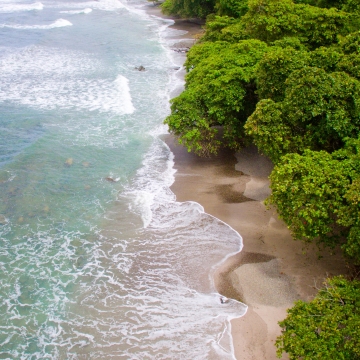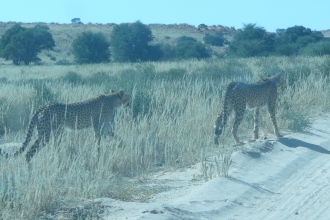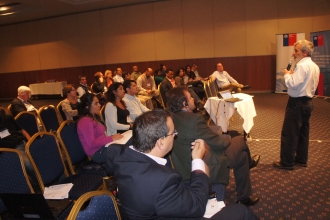Do Entrance Fees Crowd Out Donations for Public Goods? Evidence from a Protected Area in Costa Rica
In this paper, we investigate how different levels of entrance fees affect donations for a public good, a natural park.
To explore this issue, the researchers conducted a stated preference study focusing on visitors’ preferences for donating money to raise funds for a protected area in Costa Rica given different entrance fee levels. The results reveal that there is incomplete crowding-out of donations when establishing an entrance fee.


